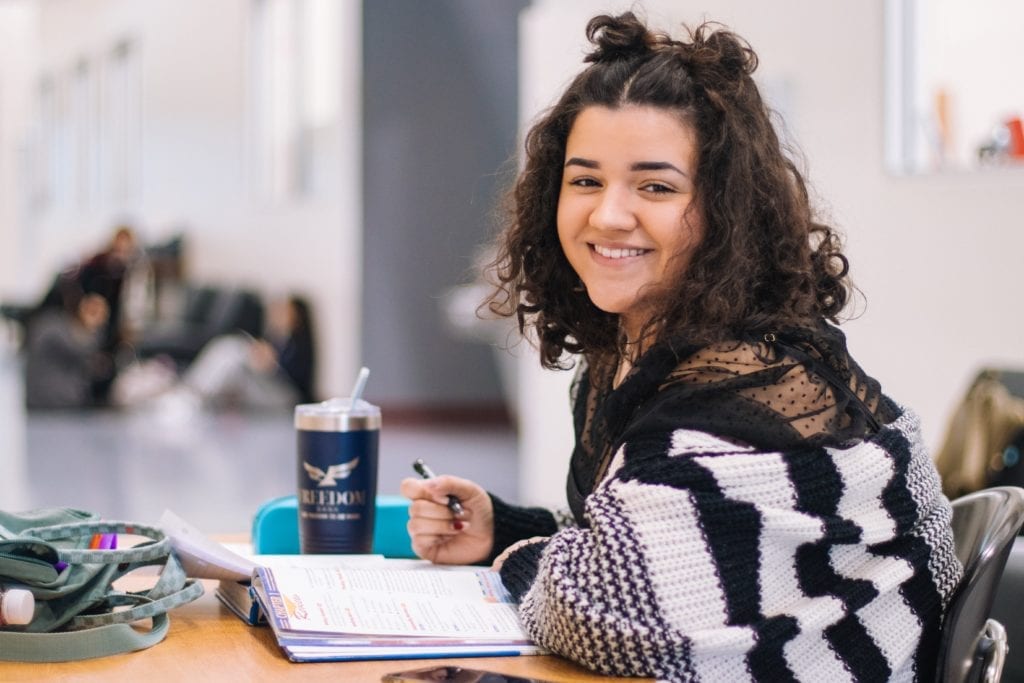Center for Reproductive Rights Joins Global Leaders and Activists at U.N. Generation Equality Forum
At the Paris-based gathering, $40 billion committed to advance gender equality.

“You’re 13 years old today—and it’s your wedding day.”
This is just one example given by Natalia Kanem, Executive Director of the UN Population Fund (UNFPA), to illustrate how nearly half of the girls and women around the world lack the right to make basic decisions about their own bodies.
Kanem made the statement at “My Body is My Own: Young Women’s and Adolescent Girls’ Bodily Autonomy and Decision-making,” the Center’s session held at last week’s Generation Equality Forum.
Developed by the Center in partnership with the Youth Coalition, UNFPA, Plan International, and the Government of Sweden, the session was one of the fewer than 1% of events accepted for the official Forum program. (Watch the video replay of the session here.)
The three-day Generation Equality Forum, based in Paris and convened by U.N. Women, gathered political leaders, activists, corporate executives, and other stakeholders to address gender equality issues—and to make tangible commitments to improve gender equality. The Forum marked 26 years since the international community met to advance gender equality at the landmark Beijing Women’s Conference in 1995.
Forum Generates Hundreds of Commitments—Including $40 Billion in Funding—to Advance Gender Equality
The Forum generated hundreds of commitments from participants—including a total of $40 billion in financial commitments from donors—to advance gender equality through new gender-focused policy proposals on issues such as gender-based violence, women’s economic empowerment, access to sexual and reproductive health care, and climate change.
As one of the Forum’s “Action Coalition Commitment Makers,” the Center submitted the following commitment:
The Center for Reproductive Rights commits to work in partnership with stakeholders in 35 countries around the world to ensure laws and policies enable access to abortion; enable all pregnant people have access to respectful and quality maternal healthcare; enable adolescents to make their own decisions about their sexual and reproductive health, and decriminalize consensual sexual conduct among adolescents, by 2026.
“We’re proud to have been a part of this historic global event and to have been able to contribute to critical global dialogue around gender equality,” said Enid Muthoni, Vice President of Global Programs at the Center, a speaker at the “My Body is My Own” session. “In particular, the wealth of commitments will help make meaningful strides in improving access to sexual and reproductive health and rights for years to come.”
Watch the video replay:
“My Body is My Own: Young Women’s and Adolescent Girls’ Bodily Autonomy and Decision-making”
Center Session Focuses on Adolescent Bodily Autonomy and SRHR
At “My Body is My Own: Young Women’s and Adolescent Girls’ Bodily Autonomy and Decision-making,” discussion focused adolescent on bodily autonomy and ensuring adolescents have access to comprehensive and confidential sexual and reproductive health services.
Adolescents around the world face significant barriers in accessing sexual and reproductive health services due to restrictive laws, stigma and discrimination, with huge implications on their health and human rights, including to ensuring gender equality. Early pregnancy, for example, is associated with higher rates of maternal mortality and morbidity, and higher risk of health problems. In addition, there are negative social consequences born by pregnant adolescents, with long term implications.
“For many girls, bearing a child signifies the end of their formal education, either due to formal expulsion by the school as a sanction for becoming pregnant, or as a result of their childrearing obligations or need to work in order to support the child,” said Muthoni. “Enabling girls to delay pregnancy is a key element of realizing their right to education, which in turn enables them to have greater economic opportunities, social empowerment and financial independence.”
In addition to Muthoni and Kanem, speakers at the session included Janine Alm Ericson, State Secretary to the Minister for International Development Cooperation at the Swedish Ministry for Foreign Affairs, and Ixchel Lucas, Training Coordinator, Las Niñas Lideran. The session was moderated by Charlie Andre Acosta, M.D., of the Youth Coalition.
Find out more:


